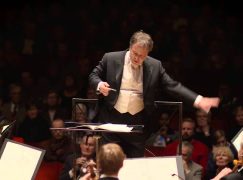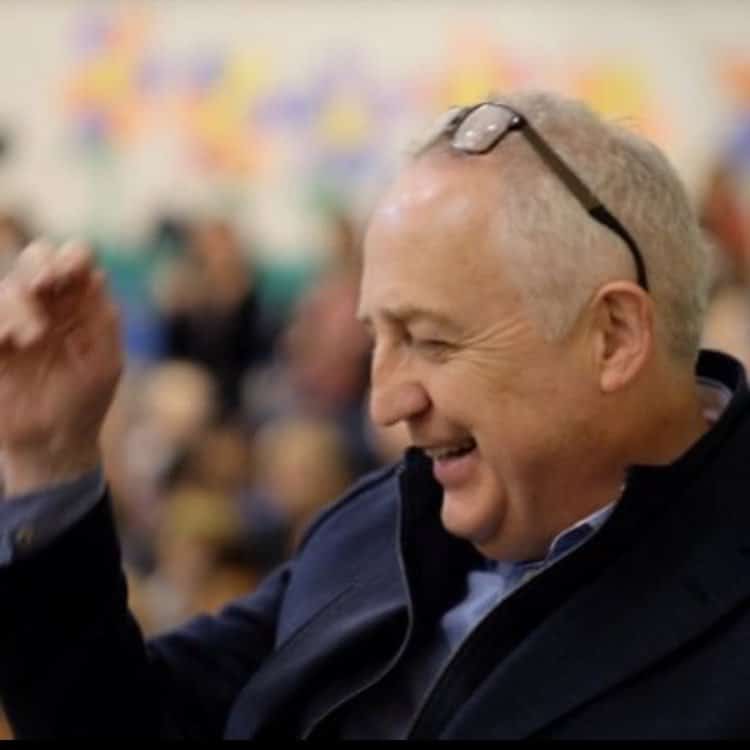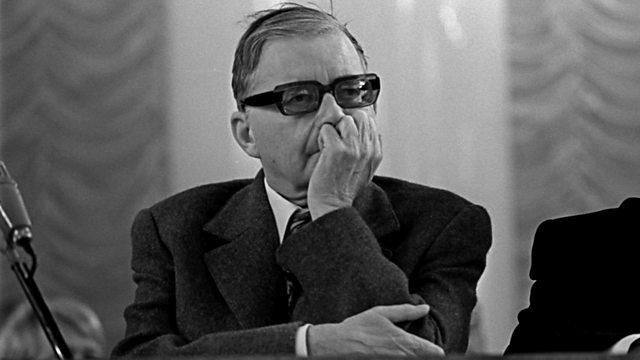BBC Proms open with clapping between movements
mainFrom one of our readers:
Mindless applause – it’s started already! Yesterday, after each movement of The Planets until ‘Saturn’, at the end of which Sakari Oramo managed to get silence. Anyone clapping after ‘Mars’ would realize that only a few people were doing it and that it probably wasn’t supposed to be happening – so why did they do it again (and similarly unconvincingly) after ‘Neptune’, ‘Mercury’ and ‘Jupiter’?
Why do they do it anyway? It breaks the continuity (and the concentration of the performers), is bad manners and inconsiderate to other listeners, and in very few other countries does this extraordinary obsession with clapping take place.
The first reviews make no mention of the disruption.






Comments